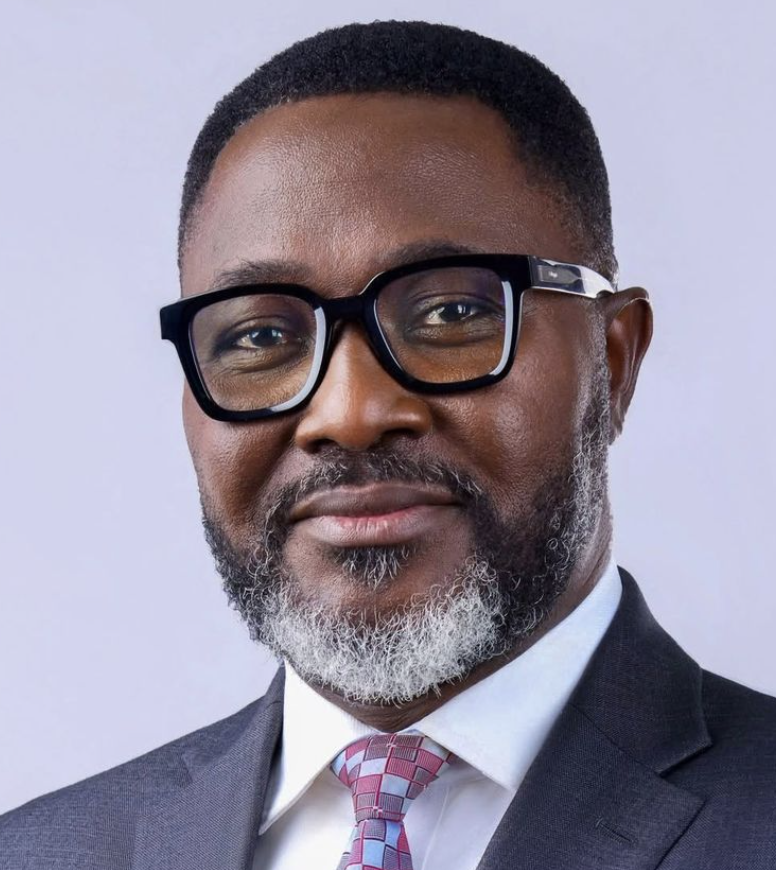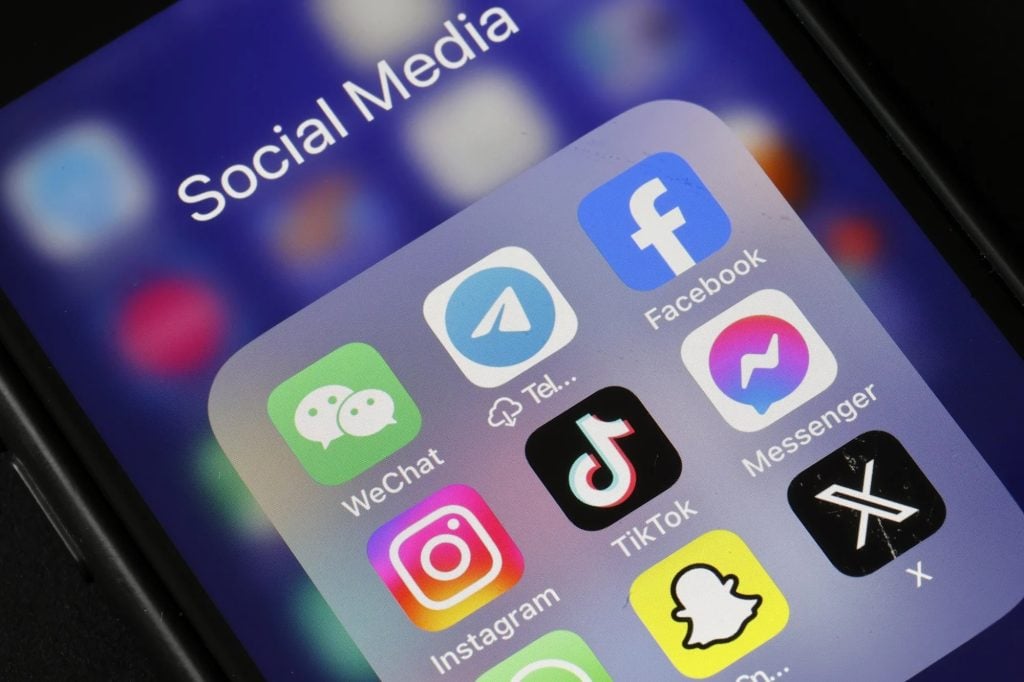Social media
We are currently making our way through a tumultuous era described as an information “explosion and implosion.” The simultaneous rise of social media, user-generated content (UGC), and sophisticated Artificial Intelligence (AI) has fundamentally fractured the 20th-century communication model. This seismic shift has profound implications for governance, democracy, economics, and security, creating a complex global inflection point that demands a re-evaluation of established norms.
The Democratization of Publishing and the Rise of Distrust
The initial promise of UGC was pure democratization. The old gatekeepers (traditional media and nation-states) were bypassed, making every citizen a potential journalist. This aligns with the concept of the public sphere envisioned by Jürgen Habermas, where rational-critical debate flourishes freely.
However, the reality quickly diverged. The power has shifted from the editor to the algorithm, creating what some scholars call an “attention economy.” This open structure, while enabling genuine democratic mobilization (as seen in movements organized via social channels), simultaneously facilitated the widespread, weaponized use of disinformation.
Advertisement
AI has escalated this crisis of trust. AI has moved from merely being an amplifier to a generator of content. Technologies capable of creating hyper-realistic deepfakes and personalized propaganda at scale, as documented in the work of security experts like Peter Singer, dramatically lower the barrier to creating persuasive falsehoods. The sheer volume of raw, algorithmically favored, and often manufactured content is overwhelming, severely eroding the factual consensus necessary for healthy democratic deliberation.
The Legal and Economic Friction of Globalization
The globalization of information ensures that communication no longer respects national borders, creating a jurisdictional “minefield.” This rapid, frictionless flow challenges established legal structures built for a slow, centralized media environment.
Advertisement
The core tension lies in freedom versus control. The legal conundrum centers on platform liability: How do jurisdictions hold a global social media platform responsible for UGC when they didn’t create it? Platforms often hide behind protections like the United States’ Section 230, arguing they are merely neutral conduits. However, this defense is increasingly challenged internationally, where governments demand accountability for the toxicity, hate speech, and economic fraud hosted on these sites.
Economically, the impact is immense. A simple rumor posted globally can trigger a market panic. This hyper-connectivity necessitates global cooperation, yet the system is fracturing. Governments, particularly those concerned about sovereignty, respond by implementing forms of digital authoritarianism (mandating content filtering, data localization laws, and firewalls) to protect domestic narratives and maintain control, often at the expense of fundamental freedoms.
Furthermore, the influence of dominant tech powers creates a dynamic of potential digital imperialism. The global nature of platforms means that one major nation can pressure them to enforce content policies in other countries. This raises the vital question: Is the freedom being advocated truly universal, or is it just the standard guaranteed by the globally dominant legal and economic power? This leads to a dangerous jurisdictional fragmentation, where the internet risks splintering into localized, non-interoperable versions, threatening the global economy it was built to connect.
The Future Landscape: Literacy, Governance, and Security
Advertisement
The future of global communication will be defined by the relentless tension between decentralization (UGC, emerging blockchain-based communication) and centralized AI control (the proprietary algorithms that mediate all visibility). This tension dictates the fate of our democratic systems.
The most critical challenge for governance is educational: teaching citizens digital literacy. The public must learn to critically assess the flood of information faster than AI can generate sophisticated falsehoods. This echoes the long-standing democratic concern that a well-informed citizenry is essential for self-governance.
Finally, the security and policy challenges are international in scope. Policymakers must forge an international framework that manages this duality: protecting fundamental human rights like freedom of expression while simultaneously compelling platforms to mitigate the real-world harm (from election manipulation to targeted violence) caused by the weaponization of the information they host and profit from. Without global governance, the new global information order risks descending into a perpetually insecure and politically volatile environment.
Adebawo is an accomplished business leader and communications expert with extensive experience in the oil and gas industry. He currently serves as the General Manager of Government, Joint Venture, and External Relations at Heritage Energy. Adebawo is also an author, scholar, and ordained minister, known for his writings on social and economic issues, strategic communication and leadership.
Advertisement
Views expressed by contributors are strictly personal and not of TheCable.


